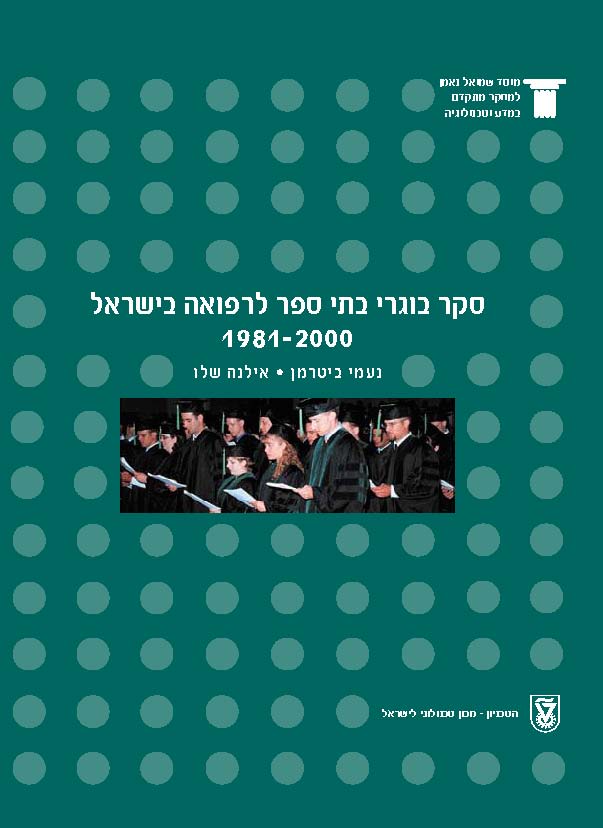The medical profession is undergoing major changes – it has become a multidisciplinary occupation requiring a wide variety of new skills in “cutting edge” of biomedical research and advanced techniques, as well as expertise in healthcare economies, management and proficiency in ethics and legal issues.
Based on the growing importance of biomedical research and life sciences technologies in the new era, there is a need for development of a human infrastructure of physicians working both in basic and applied medical research and in its application to the industry. Recently, there is an increased trend of medical graduates and physicians shifting from pure medical occupations towards the biomedical industry, Hi-Tech companies and also life science research. A special concern and thought must be granted to evaluate and perhaps deal with this brain defection from the medical field.
The Samuel Neaman Institute with the support of the Main Scientist of the Ministry of Health and the Deans of the four Medical Schools in Israel initiated a national survey of Israeli medical graduates in the last 20 years. This project is directly related to the framework of other large scale projects of the Neaman Institute such as University-Industry Relationship and Technology Transfer, The Future Research University of Israel, The “School +” project and “Infrastructure and Israel 2050”.
A detailed questionnaire was distributed among graduates of all four medical schools in Israel that graduated between the years 1981-2001.
The main outcome of this national survey is:
1. Defining the academic background and training of Israeli medical graduates (in addition to the MD degree) in the last 20 years.
2. Mapping career choices and the current occupation of Israeli medical graduates and their involvement in research, high-tech, innovations, biomedical projects, industry etc.
3. Evaluating the attitude of the graduates towards the present medical education programs and their preferences for alternative medical education programs.
The main findings and results of the survey were presented in one day workshop in Neaman institute (20.1.2004), followed by 3 panels on the topics of MD curriculum, Gender in Medicine and Academia- Industry –Medicine relationship. The survey and the workshop will serve as a base for re-evaluation and further discussions of future medical education programs in Israel in light of the changing requirements from the medical occupation, medical research, and the medical biotechnological industry in Israel.











